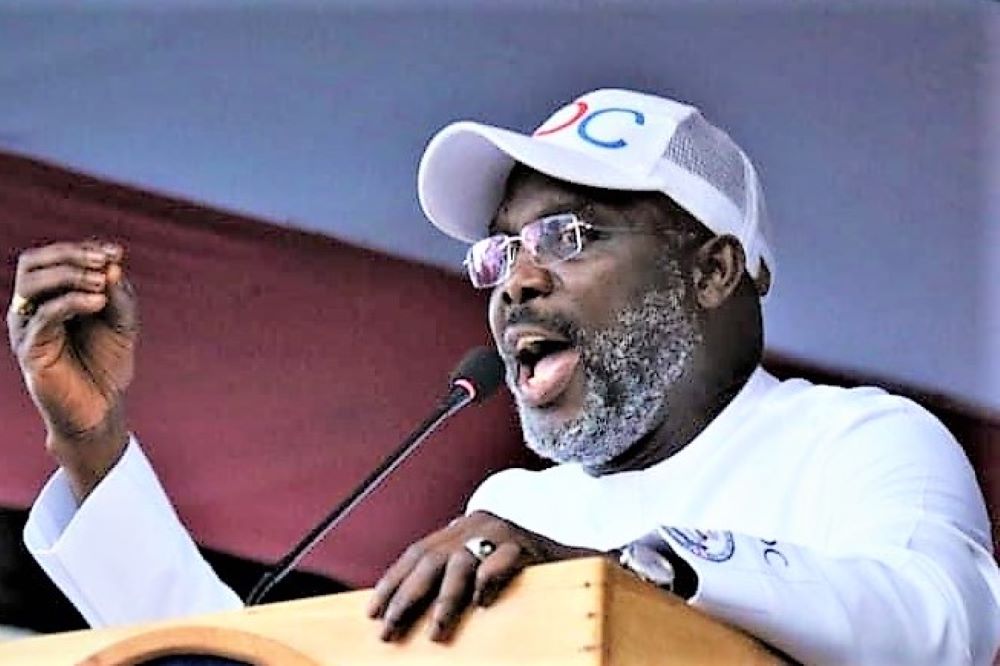In a recent discussion on a local radio show, former Montserrado County Electoral District #7 Representative Solomon George expressed his doubts about ex-President George Manneh Weah’s chances of returning to the presidency in 2029. A long-term ally of the former ruling Congress for Democratic Change (CDC), George publicly criticized Weah for failing to heed his advice during his presidency, claiming that this has contributed to the former president’s diminished political prospects. According to George, Weah’s disregard for counsel from within his own circle has turned him into a significant adversary of the CDC government, undermining his potential for a political comeback.
George’s comments were punctuated by allegations that Weah and the previous CDC government misappropriated resources meant for the Liberian people. He articulated a sense of betrayal, asserting that the current state of affairs in Liberia reflects the poor decision-making he had warned Weah about in the past. “I don’t see him returning to power,” George stated, firmly believing Weah will struggle to regain the presidency. He went on to suggest that for Weah to be considered a viable candidate again, he must first address the issues and controversies that led to his decline in popularity.
Throughout the interview, George detailed specific instances where he felt his advice was disregarded, including a warning to remove certain corrupt individuals from government positions. He recounted that he had suggested to Weah that they should take decisive action—”put some people in Ghana Must Go Bag and throw them out of the system”—but these recommendations fell on deaf ears. This lack of action, according to George, contributed to ongoing corruption and discontent within the government, with Weah erroneously shielding individuals who were ultimately damaging the credibility of his administration.
Additionally, George critiqued Weah’s reliance on slogans and rallying cries that he believed detracted from focusing on the needs of the populace. He lamented that Weah’s inability to accept constructive criticism and adjust his approach led to a disconnection from the very people he was meant to serve. Citing a lack of humility in Weah’s later interactions, George emphasized a fundamental change in their relationship that highlighted Weah’s political drift from the values he once espoused.
George reflected on his role as a vocal member of the previous government, noting that his warnings about the potential fallout were largely ignored. He recalled a significant moment during a House of Representatives hearing when he insisted on holding former Finance Minister Samuel D. Tweah accountable for his actions, highlighting a culture of impunity that took root during Weah’s presidency. Despite his calls for accountability, George felt powerless as the leadership opted for leniency instead of addressing the corruption in government.
In sum, Solomon George’s criticisms of former President Weah outline a narrative of missed opportunities and poor governance that he believes have irrevocably damaged Weah’s political future. His assertions highlight a longing for accountability and a proactive response from leadership during their time in power. As Liberia approaches another electoral cycle, George’s statements serve as a reflection of internal party dissent and the pressing need for political introspection among the ranks of the CDC and its leadership.














